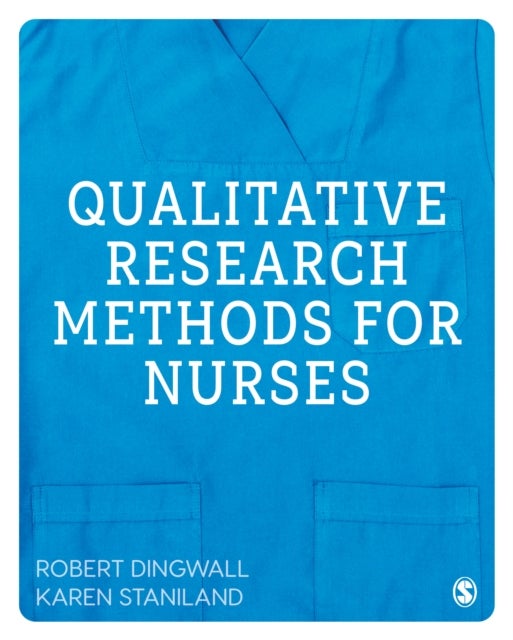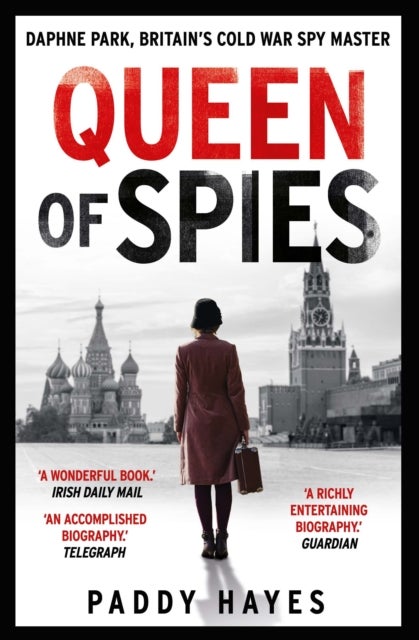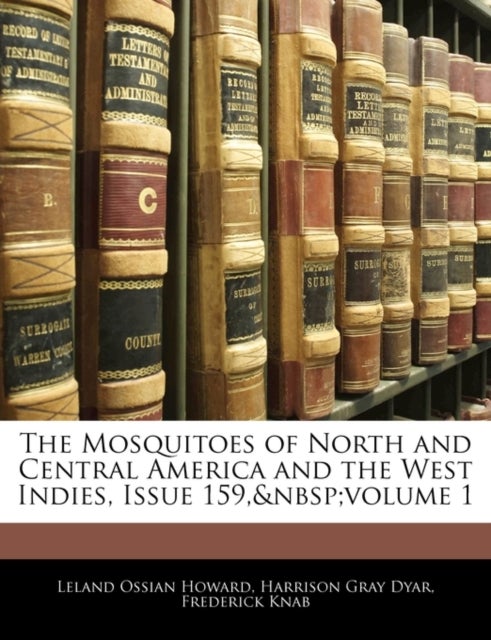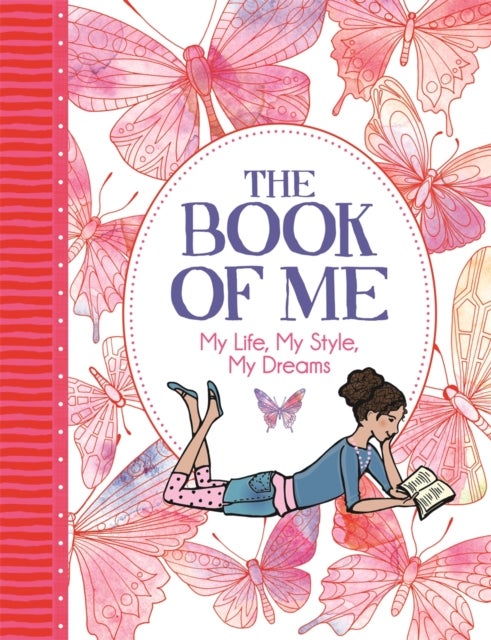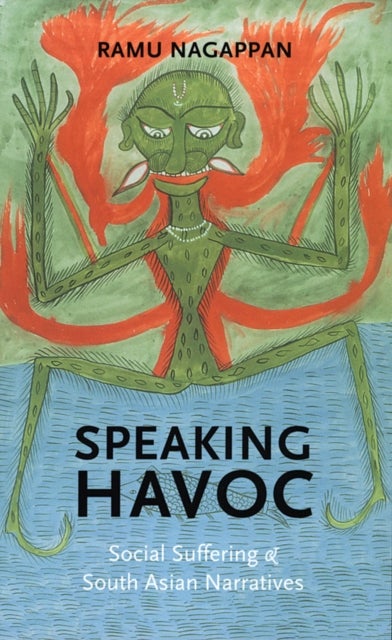
Speaking Havoc av Ramu Nagappan
983,-
<P>Who has the right to speak about trauma? As cultural products, narratives of social suffering paradoxically release us from responsibility while demanding that we examine our own connectedness to the circumstances that produce suffering. As a result, the text''s act of "speaking havoc" rebounds in unsettling ways.</P><P><i>Speaking Havoc</i> investigates how literary and cinematic fictions intervene in the politics and reception of social suffering. Amitav Ghosh''s modernist novel <i>The Shadow Lines</i> (1988), <i>A Fine Balance</i> (1995) by Rohinton Mistry, the short stories of Saadat Hasan Manto, Salman Rushdie''s postmodernist novel <i>Shame</i> (1983), and the "spectacular" films of Maniratnam: each bears witness to social violence in South Asia. These works confront squarely a number of ethical dilemmas in representations of social suffering--the catastrophes and innumerable minor tragedies that arise from clashes among religious and ethnic communities.</P><P>Focusing on cent

